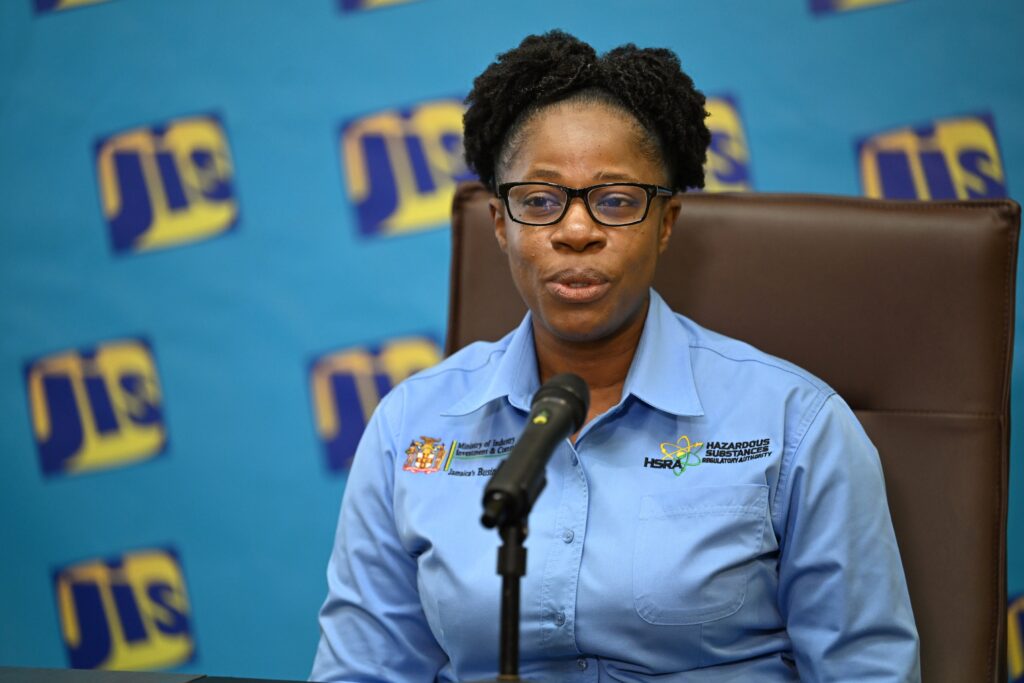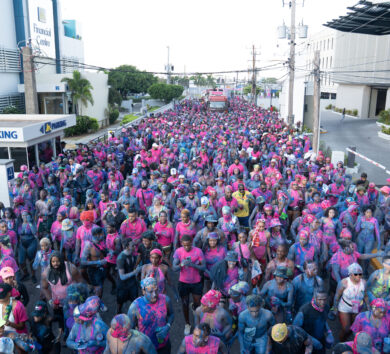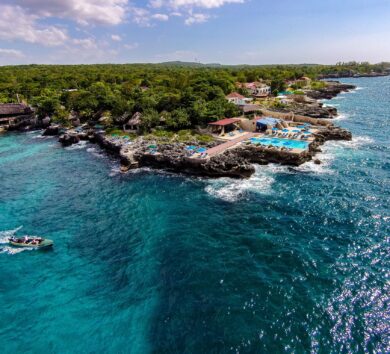

The safe use of radiation sources has become increasingly essential amid global advancements in medicine, energy, and technology.
At the forefront of Jamaica’s safety initiatives is the Hazardous Substances Regulatory Authority (HSRA). The agency has evolved from a fledgling entity into a beacon of regulatory excellence serving not just Jamaica but the wider Caribbean.
Central to this transformation are three simple yet powerful pillars: capacity, competence, and capability.
Senior Director for Radiation Safety, Tracey-Ann Elliott, tells JIS News that when the HSRA was initially established, the administration quickly recognised the need for strategic investments, not just in tools and systems, but also people.
“At the start of our operations, we recognised the importance of identifying critical or key individuals who were working in the technical areas, such as healthcare and academia. Having identified those people, we brought them into the Authority and we trained them to be regulators,” she explains.
Additionally, the senior director says, “We… acquired essential equipment and built robust management systems to ensure that all the moving parts of a regulatory body could operate in sync.”
Those decisions are now paying off, as the HSRA has grown into a cohesive, technically sound operation, staffed by experts and equipped with the tools to make significant impacts.
With a multidisciplinary team in place, Elliott says the next step was training.
She points out that after identifying knowledge gaps in areas such as nuclear security, emergency preparedness, and inspection protocols, the HSRA made significant investments in developing specialised expertise.
“That investment has been so successful that, today, we have members of the HSRA team who are classified as international experts, working with our international partners to ensure that we build out a strong regulatory framework across the region,” Elliott tells JIS News.
Beyond training and staffing, the HSRA has invested in infrastructure that has been working over the years.
This includes the development of standard operating procedures, regulatory guides, authorisation manuals and inspection checklists, all aligned with international best practices.
“The agency has also created a comprehensive national register, documenting more than 500 radiation users and maintaining occupational monitoring records for all radiation safety workers in authorised facilities,” Elliott says.
She noted that, as a young entity in an environment unfamiliar with regulatory frameworks, the agency quickly recognised the importance of public engagement. Consequently, the HSRA has trained Radiation Safety Officers across Jamaica to collaborate directly with Facility Managers, Nuclear Gauge Operators, and Waste Management Professionals.
The agency has also partnered with key national entities, including the Ministry of National Security, Jamaica Fire Brigade (JFB), and Jamaica Customs Agency (JCA), to ensure seamless collaboration on diverse initiatives, ranging from emergency preparedness to the safe transportation of radioactive materials.
“We have also worked extensively with the University of the West Indies (UWI), through the International Centre for Environmental and Nuclear Sciences (ICENS), to ensure the safe operation of the region’s only research reactor,” Elliott says.
To ensure sustainability in the future, the HSRA has rolled out its radiation safety programmes in secondary schools and is now working to simplify the curriculum for primary-school students.
“We are now actively seeing how we can simplify the curriculum to engage our primary-school students because we recognise that the future nuclear scientists, radiation safety officers as well as the health physicists in Jamaica will come from this next generation that is moving into that space,” the Senior Director shares.
Elliott points out that as the first independently established regulatory body in the English-speaking Caribbean, the HSRA is also spearheading the development of a postgraduate programme in radiation safety, to be funded by the International Atomic Energy Agency (IAEA) and delivered through the UWI.
“The intent is to provide training opportunities for radiation safety officers who will also work in the interim regulatory bodies of the region,” she further informs. “The HSRA led the creation of the Caribbean Radiation Safety and Security Network, a regional regulatory forum with its secretariat at the IAEA, which is responsible for the exchange of knowledge and supporting the work of the regulatory authorities and the interim regulatory authorities for the region.”
As the HSRA continues to break new ground, Mrs. Elliott notes that “when we think about where we are and where we go from here, we understand, at the HSRA, that we’re not just regulators; we’re educators, we’re innovators, we’re partners, and more than all, we are guardians of Jamaica’s future”.
As the country continues to adopt more advanced radiation technologies in healthcare, construction, security, and manufacturing, the Senior Director encourages citizens to be vigilant.







Comments